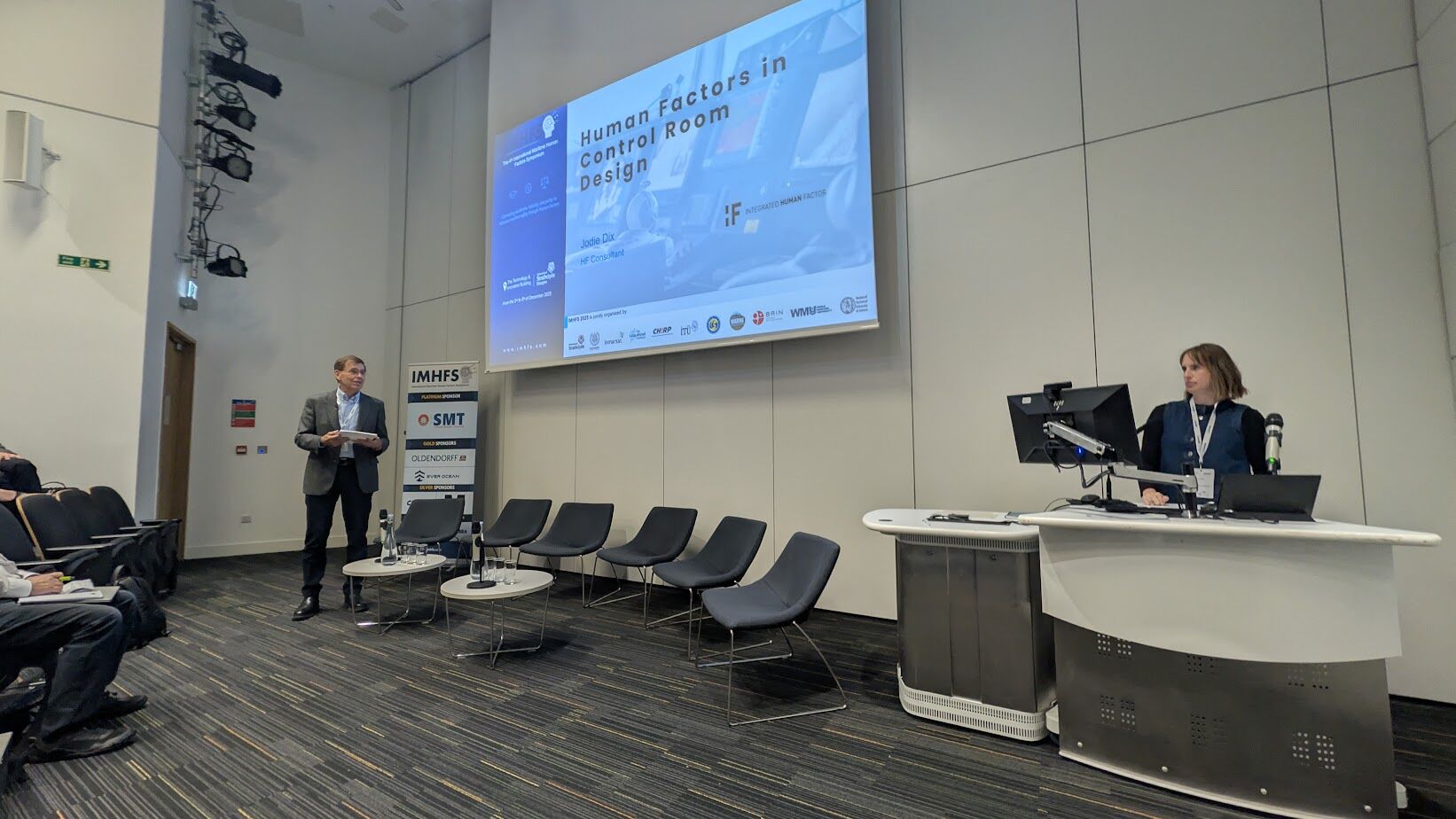In 2024, close to 20,000 road fatalities occurred across Europe. Europe’s long-term road safety goal, “Vision Zero” aims to have zero fatalities in road transport by 2050. Technological advances, including connectivity and automation, present new opportunities to reduce the role of human errors. The role of fatigue in human errors on our roads, remains a critical safety challenge across the transport sector. One of the most devastating examples was the 2016 Croydon tram crash, where driver fatigue was identified as a probable cause for the deaths of 7 people. This tragedy underscored the need for a proactive fatigue management system that could identify and mitigate risks before they lead to accidents.
In response, IHF has developed BaselineNC™, an innovative wearable fatigue monitoring system designed to enhance safety in safety-critical transport operations. As part of the BaselineNC project in 2025, the device will be piloted in Edinburgh, Scotland, and Debrecen, Hungary. The project aims at enhancing public transport safety and improving working conditions for staff, and involves key partners including Edinburgh Napier University, Edinburgh Trams, and DKV Debreceni Közlekedési Zrt.
The full article can be found at the EIT Urban Mobility website.











